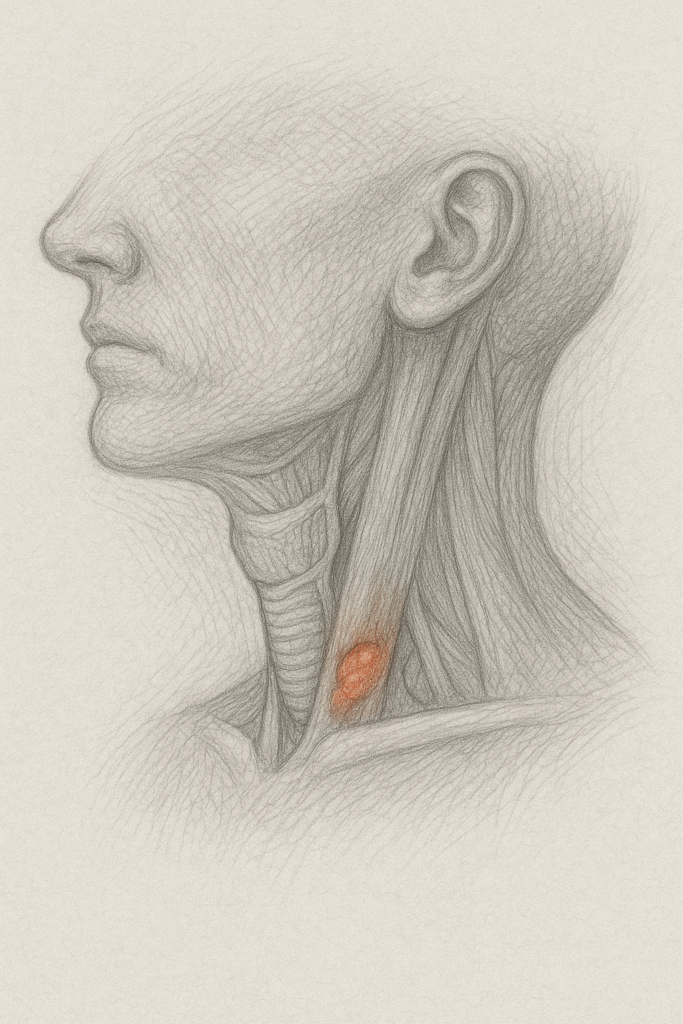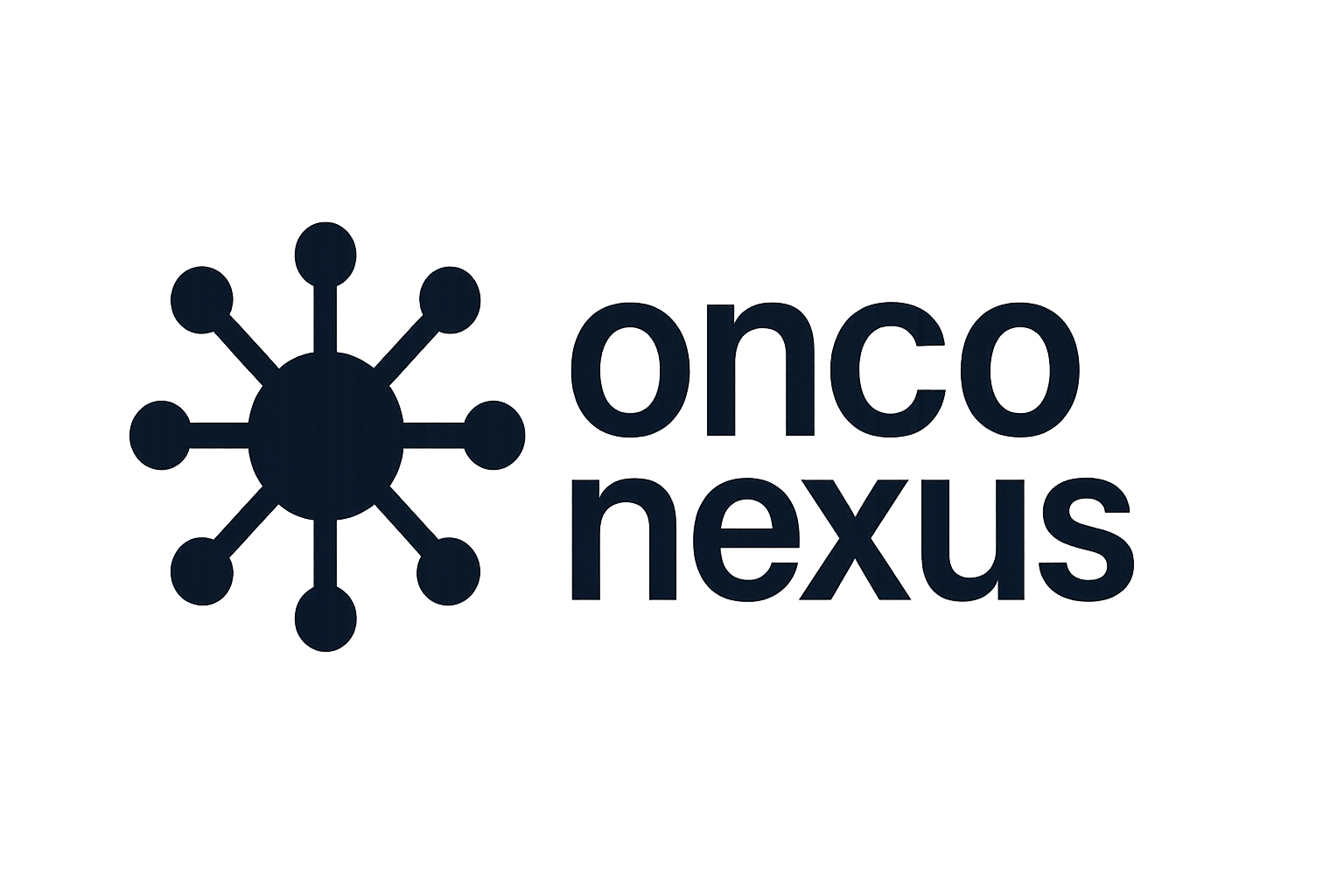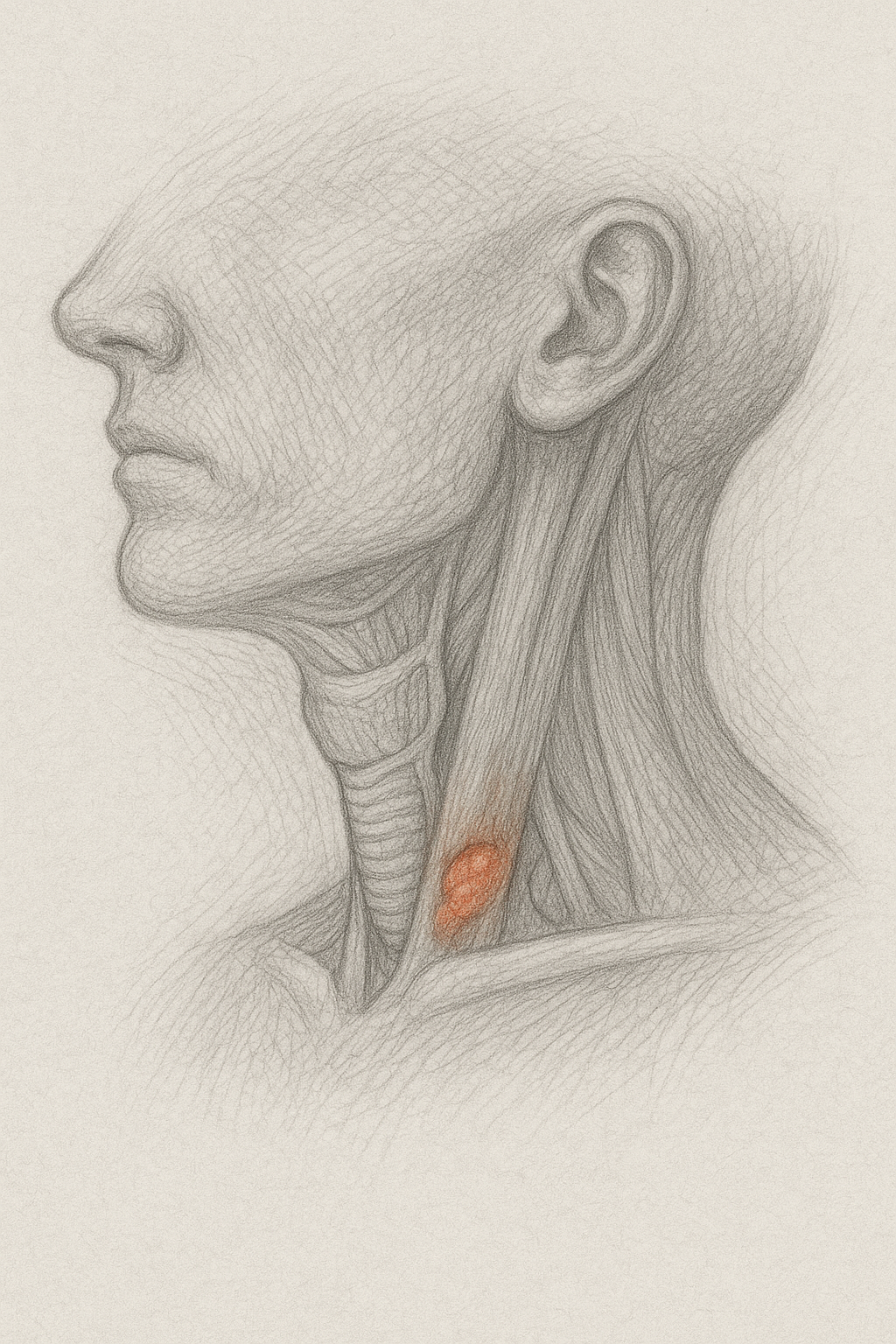

Source: Dana-Farber Cancer Institute
URL: https://physicianresources.dana-farber.org/news/fda-approves-immune-checkpoint-inhibitor-drug-for-patients-with-resectable-locally-advanced-head-and-neck-cancer

Pembrolizumab perioperatively significantly extends event-free survival in patients with resectable locally advanced head and neck squamous cell carcinoma (HNSCC) with PD-L1 CPS ≥1. This represents the first checkpoint inhibitor approval in the curative perioperative setting for head and neck cancer, marking a paradigm shift after two decades without major therapeutic advances.
Study Design & Population
- Design: Randomized, open-label phase 3 clinical trial (KEYNOTE-689)
- Sample size: 714 patients
- Population: Newly diagnosed stage 3 or 4A head and neck squamous cell carcinoma
- Biomarker requirement: PD-L1 Combined Positive Score (CPS) ≥1 by FDA-approved test
Key Findings
- Primary endpoint met: Significantly longer event-free survival with pembrolizumab
- Median event-free survival: 51.8 months with pembrolizumab vs 30.4 months with standard of care alone
- Follow-up duration: Median 38.3 months
- Pathologic response: Significantly higher rates of major pathologic response (substantial immune-mediated tumor destruction)
- Safety profile: No new observed side effects; no surgical delays due to immunotherapy-related adverse events
Clinical Implications
- First checkpoint inhibitor approved for curative perioperative treatment in head and neck cancer
- Represents major workflow change requiring perioperative immunotherapy coordination
- Confirms efficacy of perioperative immunotherapy strategy in solid tumors beyond melanoma and lung cancer
Limitations
- Open-label design may introduce bias in efficacy assessment
- Limited to PD-L1 positive tumors (CPS ≥1), excluding biomarker-negative patients
- Long-term toxicity data beyond median 38.3 months follow-up not yet available




